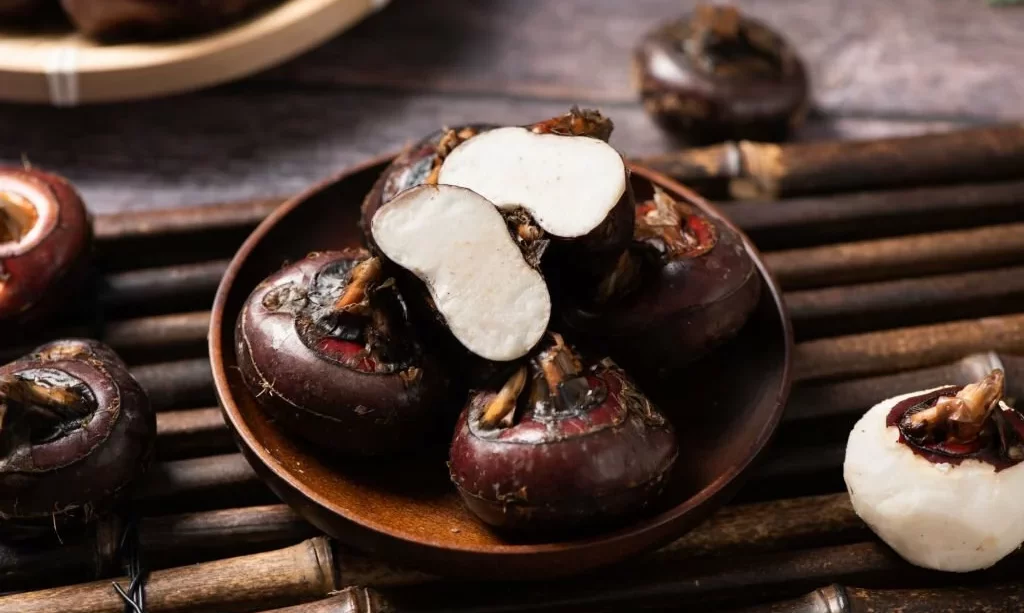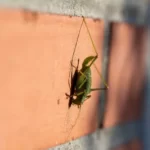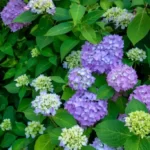In the realm of food and dietary concerns, the distinction between various ingredients can be crucial, especially when it comes to allergies. One such culinary conundrum revolves around water chestnuts, which are often encountered in various dishes, particularly in Asian cuisine. The question that often arises is whether a water chestnut should be classified as a tree nut, potentially triggering allergenic reactions in those with tree nut allergies. This article delves into the botanical facts to address this perplexing question and clarify the true nature of water chestnuts.
Water Chestnuts
Before we explore whether water chestnuts are tree nuts, let’s get to know these aquatic delicacies. Water chestnuts are not chestnuts at all, but rather the corms or tubers of aquatic plants belonging to the Cyperaceae family. They are renowned for their signature crunch and mild, slightly sweet flavor.
Water chestnuts are known for their prominent use in Asian cuisine, where they find their way into stir-fries, salads, and various dishes, adding a delightful textural element to culinary creations. These corms or tubers are not tree nuts, and their botanical classification sets them apart from the true tree nuts, such as almonds, walnuts, and cashews.
Tree Nuts – What Are They?
To understand whether water chestnuts are tree nuts, we need to grasp the definition of tree nuts. Tree nuts are a category of nuts derived from the seeds of various trees. Examples of tree nuts include almonds, walnuts, hazelnuts, and cashews. These nuts are botanically defined as seeds enclosed in a hard shell or woody fruit.
What distinguishes tree nuts from other nuts is their specific origin from the seeds of trees, making them part of the botanical classification of true nuts. Tree nuts are well-known for their unique flavors and nutritional benefits, but they can also pose allergenic risks, with many individuals having tree nut allergies.
Now that we have a clearer understanding of what water chestnuts are and what tree nuts entail, we can explore the distinction and whether water chestnuts belong to the same allergenic category as tree nuts.
Allergenicity and Cross-Contamination
Allergies to specific foods, including tree nuts, are a serious concern for many individuals. For those with tree nut allergies, it is crucial to recognize potential sources of allergens. Water chestnuts, as we’ve established, are not tree nuts, but rather aquatic tubers. They do not belong to the same allergenic category as tree nuts like almonds or walnuts.
However, the importance of clear food labeling cannot be overstated. Cross-contamination or mislabeling can lead to inadvertent exposure to allergenic substances. Individuals with tree nut allergies should be cautious when consuming foods that include water chestnuts, ensuring that the labeling is accurate and there’s no risk of cross-contamination.
By understanding the botanical distinction between water chestnuts and tree nuts, individuals can make informed choices about their dietary preferences and avoid allergenic reactions.
Culinary Use of Water Chestnuts
Water chestnuts have found their place in a variety of culinary traditions, particularly in Asian cuisine. Their unique texture, crispness, and mild, slightly sweet flavor make them a versatile ingredient in numerous dishes.
These aquatic corms or tubers are often used to add a delightful crunch to stir-fries, salads, and other recipes. They enhance the overall experience of a dish by providing a contrast in texture and complementing the flavors of other ingredients.
It is important to note that the use of water chestnuts in culinary creations should not be a cause for concern for individuals with tree nut allergies. Water chestnuts are a distinct ingredient, both botanically and allergenically, from tree nuts.
Conclusion
In the world of food allergies and dietary choices, clarity and accuracy are paramount. Understanding the botanical nature of water chestnuts as aquatic tubers, rather than tree nuts, is vital for individuals with tree nut allergies.
Water chestnuts offer a unique textural element to many dishes, particularly in Asian cuisine, and are generally safe for consumption by individuals with tree nut allergies. However, it’s essential to exercise caution, especially regarding cross-contamination and labeling, to ensure the safety of those with food allergies.
In conclusion, water chestnuts are not tree nuts, and their culinary use should not pose an allergenic risk to individuals with tree nut allergies. By appreciating the botanical facts and practicing informed dietary choices, we can savor the delightful crunch of water chestnuts without compromising safety.



